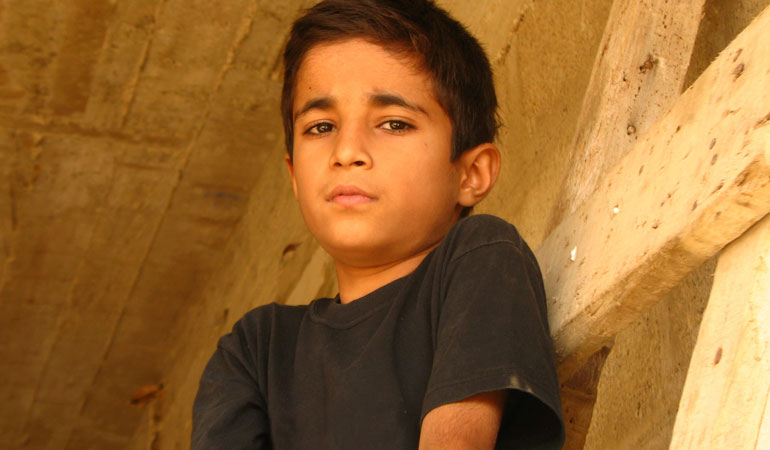No matter how much parenting you have done in the past, adopting an older child will be different. Not negative, just different. It’s closer to the adjustment you make when you marry than when you go from childless to being the parent of a newborn; in marriage, each person comes to the relationship with preferences, positive and negative life experiences, and expectations, so each one has to learn new ways of doing things, and give and take. At some point, the good days begin to outnumber the bad, and you realize that your family is going to make it. Adoptive families at this stage often lament, Why didn’t someone tell me? If only I had known…. Here are some of their lessons learned, their older child adoption stories.
1. Give it time. When a child is removed from his birth family at an older age, it’s due either to abuse (physical/and or sexual), neglect, or abandonment. Once he is in the system, the child may have faced more trauma, including multiple moves. Years spent in an orphanage also take their toll.
We’ve begun to understand approximately how long it takes for a child to heal. If the child is 10, there were 120 months he didn’t have you. Divide that time by three. For the 10-year-old, it will be about 40 months, or three-and-a-half years. This may be difficult for parents to accept. We live in a culture of instant fixes, but these children need time. Relax, and stay in it for the long haul.
2. Review your preservice handouts. It is easy to sit in foster classes and say, “I am a good parent. My child will not act like that.” Reality is different. Recently, I worked with a mom who adopted as a single parent. She later married, and her spouse decided to attend the classes. Week after week, he came back with handouts and said, “They did tell you everything. You just ignored it.” The challenges they were experiencing were normal, after all.
It’s common to feel anger and sadness because you weren’t there to protect your child before he came to you. You will also feel isolated. Unfortunately, no one will call you; you have to do the reaching out. Find an in-person or online support group. Read books and informational websites. Contact local agencies or your social worker and ask what support they provide.
3. Help your child heal by integrating his past with yours. Ask him how his other families celebrated holidays and birthdays. Maybe you can prepare a favorite dish or continue one of the traditions. Find safe people from the past (former foster parents, siblings, maybe birth family members) with whom the child can retain connections. Some foster parents will offer to provide childcare (formally, respite) to give you an occasional break.
4. Take care of yourself and your partner. How to do this? Get up 15 minutes earlier and have coffee together. Look into respite care and/or find a reliable babysitter (perhaps a student studying psychology, social work, or physical therapy at a local university) and go to dinner. Treat yourself to something that makes you feel good — a massage, a pedicure, or a swim. Give yourself two evenings a month to walk away, and allow your spouse the same. Don’t criticize how your spouse handles things while you’re away.
5. Your child may not talk about them, but she cares about past siblings. A child adopted from foster care may have full, half, step, or foster siblings. Children adopted internationally may miss the other children in the orphanage. Talk about them, observe a ritual. One family I work with has a sibling “unbirthday” once a year. As they eat cake, they figure out how old all of the children’s siblings are. They pray for them, tell stories, and laugh and cry about them. If they are in contact with any, they visit or e-mail them.
6. You won’t be able to do this alone. Children adopted from foster care often have fragmented development. A 10-year-old may have the physical coordination and emotional age of a three-year-old, the intelligence of an 11-year-old, and the social skills of a two-year-old. This child needs services at school and at home. Whether you’re looking for a psychologist, occupational therapist, or another provider, try to find someone who understands trauma, grief, and abuse. Ask for recommendations from a local agency or other parents.
7. Have fun. Loads of fun. This will build attachment. Do not make the child earn his fun. He deserves it. Don’t make fun contingent on behavior (“I’ll take you to the football game Friday if you are good all week”). On Friday, just decide that you want to go, and then go. No one is going to attach to a mean, grumpy, angry parent who is never fun.
8. The child may never be whom you envisioned. You may not be the parents he envisioned. Maybe he would prefer someone richer, less angry, more understanding, younger, and so on. But here you are together, building a family. Someone once said, “Love does not cure these children, but without love they can not begin to heal.”



